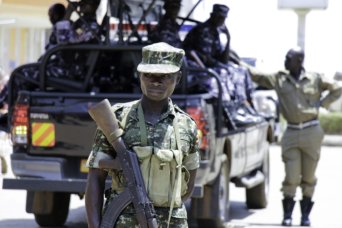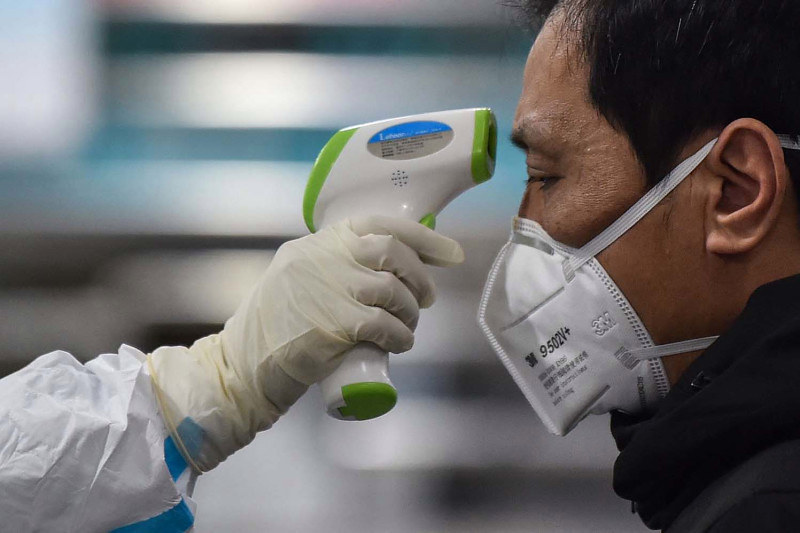- About
- Topics
- Story
- In-Depth
- Picks
- Opinion
- News
- Donate
- Signup for our newsletterOur Editors' Best Picks.Send
Read, Debate: Engage.
Governments from all over the world continue to institute a raft of far-reaching measures including lockdowns, curfews and travel bans as they seek to curb the spread of the novel coronavirus.
In Africa where the number of the dead and infected continues to peak, governments, in a rush to tame the contagion, have sought to limit people’s movements, closed schools and banned large gatherings in what has become the new normal. For a continent where up to 60 per cent of the population earn their living from informal jobs and have to be out of their houses to get their daily income, this latest move has been an uncomfortable one. Keen to tame the growing numbers, governments have had to enlist security forces support to enforce the curfews and lockdowns.
The securitisation measures have been received with harsh criticism from media, human rights activists and the public in what has been described as unnecessary use of force on innocent civilians. From Senegal, South Africa, Uganda and Kenya, news of citizens caught up in the curfews being beaten and teargassed and alleged deaths from trigger happy police force has only fanned an already volatile situation. These are truly extraordinary times and governments are pursuing the public interest.
However, the militarisation of the COVID-19 response remains counterproductive and threatens to defeat all the efforts that have gone into containing the pandemic. Irrespective of the situation the world finds itself in, basic human rights and dignity must be observed in any country that upholds the rule of law and respect for its citizenry.
It is a delicate balancing act for governments trying to protect the people from the deadly virus while ensuring that no rights are infringed upon. However, how governments approach the restriction of freedoms including movement, association, peaceful assembly and expression will be crucial in winning the people’s support and ultimately the war on the pandemic.
Image by Charles Nambasi

